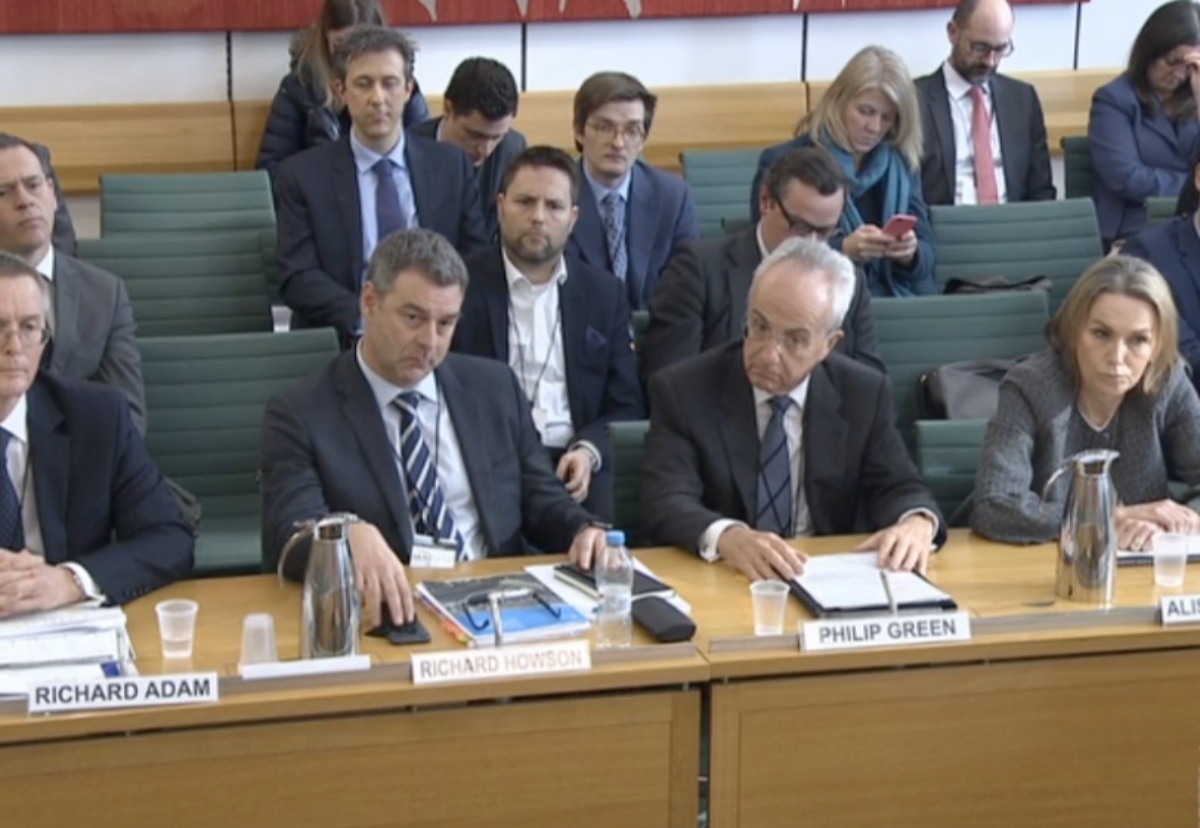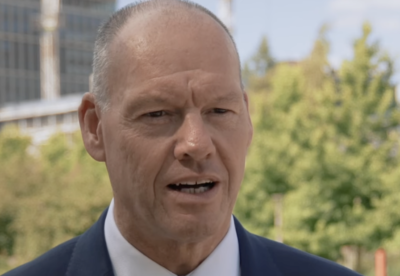The work and pensions select committee also slams the pensions regulator for doing too little too late after being called on to intervene on two occasions.
About 29,000 members of Carillion’s 13 pension schemes face cuts to their benefits after the group collapsed last month with a pension shortfall that almost doubled to nearly £1bn in three years.
Letters published by the work and pensions select committee on Tuesday reveal the trustees wrote to the watchdog in 2010 and 2013 pleading for help to break a deadlock with Carillion over funding its plans.
But the regulator only opened a formal investigation into Carillion on 18 January three days after its collapse.
Frank Field MP, Chair of the Work and Pensions Committee, said: “These letters suggest the Carillion directors were contemptuous of their pensions obligations. Over two successive 15-month negotiations they refused to give an inch to the pension schemes.
“Their private pleading that the company could not afford more was in stark contrast to the rosy picture – and bumper dividends – being presented to the outside world. Richard Adam, the longstanding Finance Director, has particular questions to answer.
“With characteristic alacrity, the Pensions Regulator started its arduous process of chasing money down from Carillion a few days after it was formally announced there was no money left. I can only assume – and hope – they are going after some of those very generous bonuses.”
Key pension deadlock dates
2010 – Bullishness in public did not reflect private negotiating position
Despite a recent bullish results announcement and a 12% increase in dividends, Carillion maintained it could not afford to pay more than £23m per year for the pension deficit. The trustees had advice that a minimum of £35m was affordable.
Carillion pushed for a 15-year recovery plan when anything more than 10 years is considered exceptional.
Negotiations got no further than £25m per year, which the trustees considered “not acceptable” and “far less than … reasonable”.
2013 – ‘Take or leave it’
The 2013 letter said that an “impasse” had been reached in negotiations between the trustees and Carillion.
The trustees had proposed contributions of £65m per year over 14 years to meet a deficit they estimated at £770m.
Carillion made a “take it or leave it” offer of just £33.4m per year over 15 years. The company pushed for more optimistic assumptions which resulted in lower estimates of the deficit.
The trustees contended that Carillion had got weaker in recent years and wanted that reflected in calculations, but this was rejected by the company.
Carillion had “made no move from its original position throughout the whole negotiation process”. The trustees wrote to the regulator after the statutory 15-month negotiation period had passed warning that the pension schemes were falling behind relative to other Carillion stakeholders and taking a disproportionate amount of risk.
In a statement, the Pensions Regulator said: “When the trustees wrote to us in 2013 to say they could not agree funding plans with the company, we did intervene by threatening to use our powers unless a funding plan was agreed.
“Our intervention resulted in a significant increase in the amount of money the company was prepared to pay into the scheme. We believed this was reasonable based upon our understanding of the company’s trading strength as set out in its audited accounts.”
The evidence was released as MPs prepare to question KPMG, the company’s auditor, on Thursday.




















 (300 x 250 px) (2).png)


































